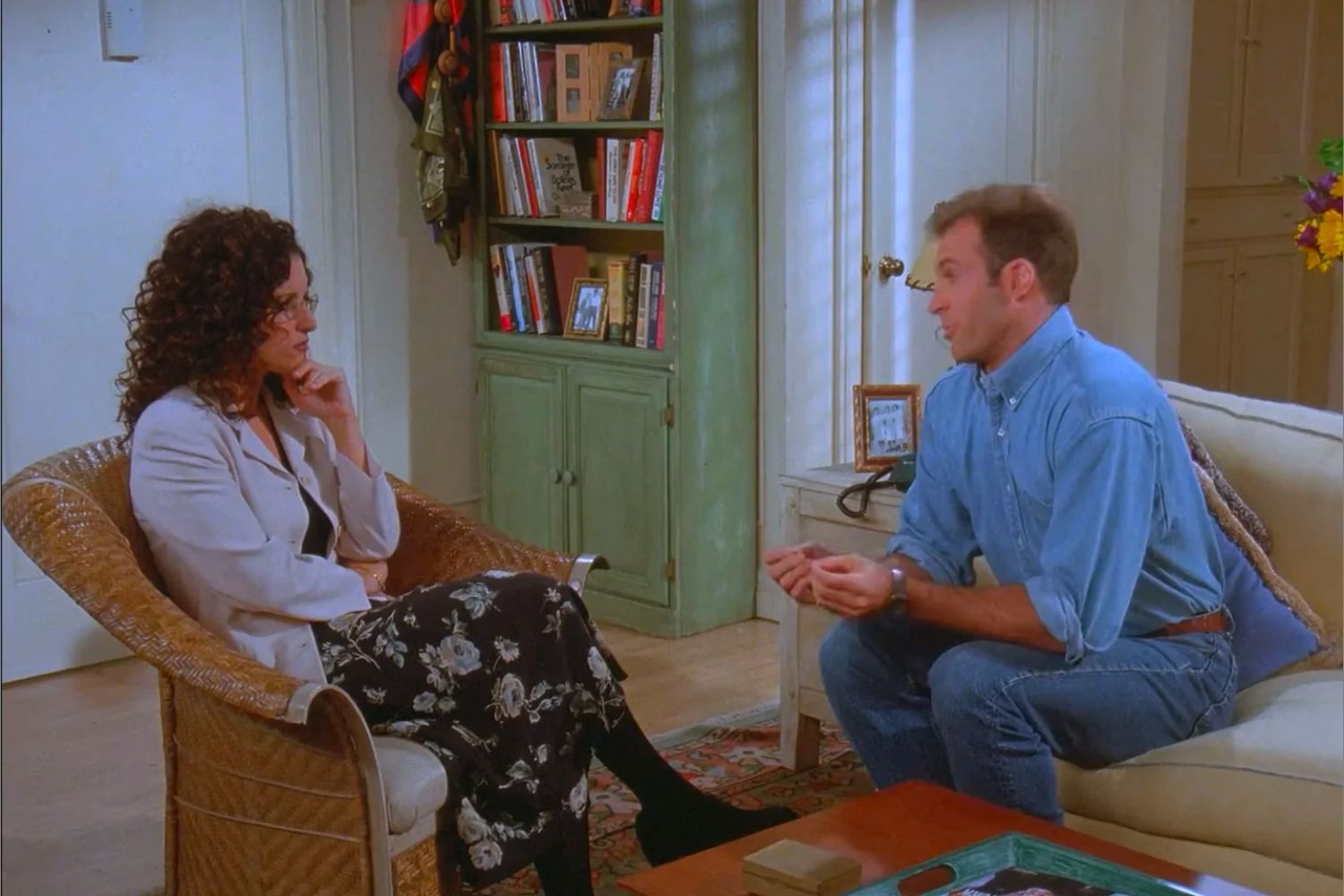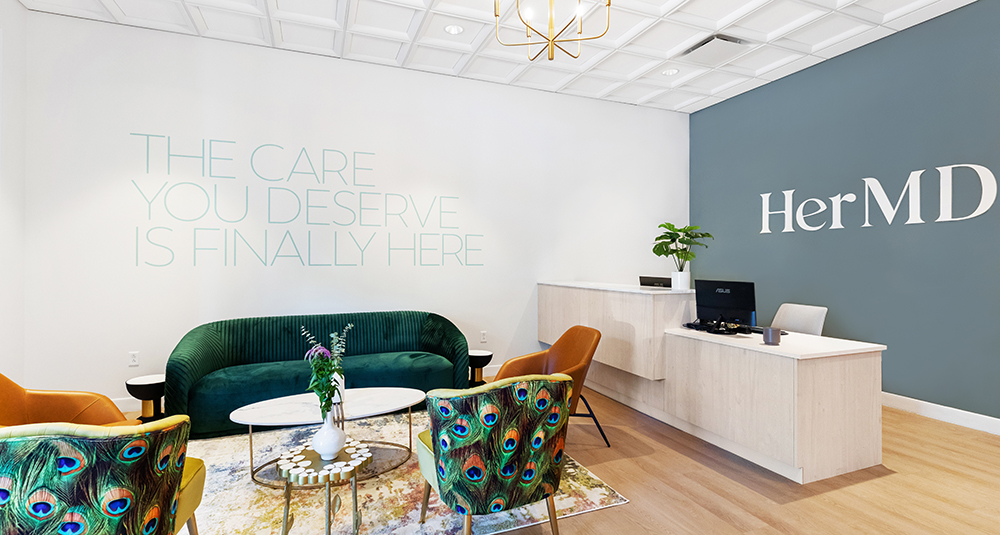ABU KHASHAB, Syria — Twelve years into the Syrian war, decreasing funding and donor fatigue have taken a toll on humanitarian services across Syria. Among those bearing the brunt of it are women, particularly those living in remote displacement camps where access to health care is entirely funded by nongovernmental organizations.
One example is northeast Syria’s Abu Khashab informal camp, established in October 2017 in the northern countryside of Deir ez-Zor province to host families fleeing areas held by the Syrian government or the Islamic State. The camp is home to around 10,700 people, but lacks many of the basic health services one would expect to find in an area of this size.
Camp director Ahmed al-Sheikh told Al-Monitor the situation there is tragic. “There is just one medical point, which doesn’t meet our needs. A few days ago we had an outbreak of measles and the clinic didn’t have the right medicine.”
The camp is served by a medical clinic run by the Kurdish Red Crescent, which is funded by large international groups and donors. There’s also a small aid group-run center providing obstetric care and two pharmacies.
It’s far from enough to cover the daily needs of the approximately 5,000 women and girls living there. According to a recent assessment, more than 80% of families living in Abu Khashab find that access to health care is insufficient. Most said maternal health services was the main gap.
A pharmacy near the entrance of the camp. (Lyse Mauvais)
The case of Abu Khashab is a salient example of how women are falling through the cracks of Syria’s humanitarian response. In this camp and others, many women face a shrinking array of choices about their sexual and reproductive health as funding for the victims of Syria’s lingering crisis decreases.
Strained services
In Abu Khashab and most other Syrian camps, sexual and reproductive health is the realm of midwives. There are six in Abu Khashab who are responsible for an expanding range of services since there are no gynecologists on site — from routine checkups and pregnancy care to sexual health counseling and births.
Most health issues are treated for free in the clinic, set up inside a handful of containers by the camp’s entrance. But complex cases must be referred to the closest hospital in Deir ez-Zor, located 70 kilometers away.
Yusra Bilal al-Ali, one of the camp’s midwives, works in 36-hour shifts and rests in the clinic between consultations. At night, she is often alone on duty.
“I see around 30 to 40 pregnant women a day for checkup, and I handle six to nine births on average,” Ali told Al-Monitor from a tiny examination cubicle located inside the Kurdish Red Crescent clinic. The clinic only has three beds, so women are quickly sent off after delivery.
“Last week I had to deal with six births over the course of four hours,” Ali said. “All of them went well, but it was very challenging because I was alone. There was a lot of stress and I struggled because there weren’t enough beds.”
Between births and other emergencies, Ali sometimes sleeps in one of the maternity beds since there’s no dedicated space for midwives working overnight.
Natural births take place at the clinic, though a minority of women also deliver inside their tents, assisted by unregistered midwives. But those in need of a cesarean section face an hour-and-a-half-long journey over the bumpy roads of southern Hasakah province to reach a hospital in Hasakah city.
Limited funding, daily complications
Funding for Syria’s aid response has hovered around $2 billion per year over the past five years, but needs have increased in the meantime.
The United Nations’ aid appeal for Syria was already $3 billion in 2016, but that figure rose steadily every year to reach $4.4 billion in 2022 — and that was before the devastating 2023 earthquake. In parallel, the funding received by humanitarian groups has steadily decreased. The UN says the humanitarian response was 64% funded in 2019, compared to 49% in 2022. As of June 2023, aid groups working in Syria have only received 12% of the $5.5 billion the UN says is needed for 2023.
Inside the pharmacy, which is built of mud-bricks and lacks a cooling system to store medicine. (Lyse Mauvais)
Within that broader funding crisis, the health response was only 33% funded in 2022 and 10% this year, which means organizations need to heavily ration spending. The focus is often life-saving care and wide immunization campaigns rather than sexual and reproductive health. In the camps, that can mean less options for women to manage contraception and pregnancy.
In Abu Khashab, it’s already a daily challenge that affects almost every woman. Due to the cost of transportation to reach the hospital, shortages in medicine and the lack of specialists, many women miss routine checkups. Some can’t access contraception because there are limited options available in the camp. When Al-Monitor visited the Kurdish Red Crescent clinic, there was a shortage of intra-uterine devices (IUDs), which is the preferred contraception method in the camp according to Ali. IUDs were only available at the camp clinic for a couple of months in 2023 before they ran out.
Other women face complications during pregnancy because of preventable diseases arising out of crowding in the camp. “A lot of women have preventable conditions like scabies and anemia,” Ali said. “Scabies, which is very contagious and can harm the fetus, comes to women from the poor hygiene conditions in the camp — from direct contact with waste and sewage,” she explained.
Anemia is another common condition. But basic supplements such as iron and vitamins commonly taken during pregnancy are not always available.
“It’s the second time I come here for tonics because I’m really tired from this pregnancy, and once again they don’t have any,” one woman told Al-Monitor as she walked out of the clinic. Salma, who asked that her full name be withheld, said, “We need more medicine here. I don’t have money to get treatment outside the camp.”
Early marriages
Among the women examined by Ali that day was Meriem, a woman in her early 20s who also requested only her first name be used. Married at 15, Meriem is now in her fifth pregnancy, two of which ended in miscarriage.
Meriem’s story is not uncommon in Abu Khashab, where the rate of early marriage is high. A 2022 humanitarian assessment found that around 30% of families in the camp reported them. Early marriages are more common in rural Deir ez-Zor — and in rural areas in general — than in other parts of Syria due to cultural and economic factors such as rampant poverty.
The practice takes a toll on women’s health. Women who have children in their teens face higher risks of complications during pregnancy. Because early marriage is usually correlated with shorter time in school, there’s also a risk that women who marry early end up being less informed about their own sexual and reproductive health.
Ironically, despite having few midwives, limited space and recurrent shortages of medicine, the camp is doing better in terms of health infrastructure than the impoverished countryside around it. Insufficient as they may be, the limited women’s health services provided in this camp and others across Syria are essential.
Patients coming from outside the camp for treatment are also increasing pressure on Abu Khashab’s strained women’s health services.
“There is only one medical [service point] in the area outside the camp, and it doesn’t provide the most basic medical services,” Dilshad Dawood, the director of the Kurdish Red Crescent’s clinic, told Al-Monitor. “People from all around the camp come to our center to seek treatment. Even pregnant women from the surrounding villages come here to deliver,” he added.







